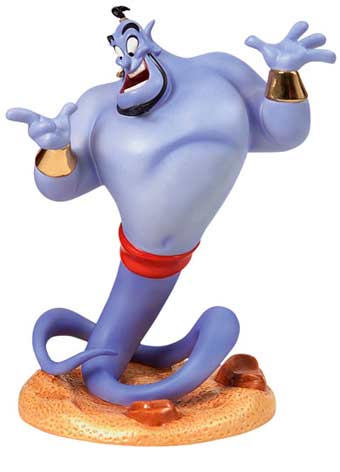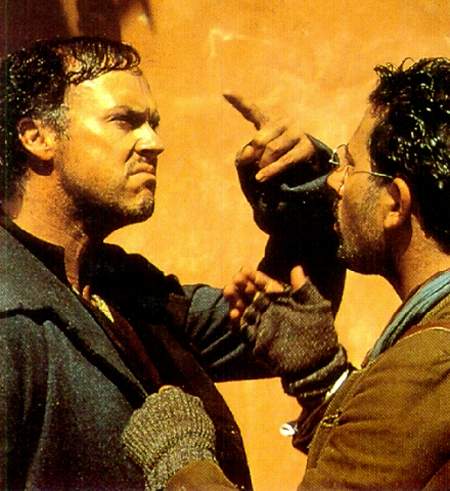
"Pathos (pronounced /ˈpeɪːθɒs/) (Greek: πάθος) is one of the three modes of persuasion in rhetoric (along with ethos and logos). Pathos appeals to the audience's emotions. It is a part of Aristotle's philosophies in rhetoric. Not to be confused with 'bathos' (βάθος) which is an attempt to perform in a serious, dramatic fashion that fails and ends up becoming comedy.
Pathetic events in a plot are also not to be confused with tragic events. In a tragedy, the character brings about his or her own demise, whereas those invoking pathos often occur to innocent characters, invoking unmerited grief.
Emotional appeal can be accomplished in a multitude of ways:
- by a metaphor or story telling, common as a hook,
- by a general passion in the delivery and an overall amount of emotional items in the text of the speech, or in writing.
For example, in Jane Austen’s Pride and Prejudice, Mr. Darcy persuades Elizabeth to reconsider her disposition of him through pathos in his letter when he informs her of Mr. Wickham’s offenses."
http://en.wikipedia.org/wiki/Pathos
 This reference to Pride and Prejudice is what caught my attention and attracted me to this box. I LOVE P&P! Yes, I'm one of those girls. I am a very passionate person, and I get kind of emotional, so the 'pathos' box is right for me. Passion and emotion are very important to a story, it really can make or break a couple. Part of the reason that Darcy and Lizzie were so perfect for each other was because they were both so passionate, not simply for each other, but for life as well. That passion is important to share.
This reference to Pride and Prejudice is what caught my attention and attracted me to this box. I LOVE P&P! Yes, I'm one of those girls. I am a very passionate person, and I get kind of emotional, so the 'pathos' box is right for me. Passion and emotion are very important to a story, it really can make or break a couple. Part of the reason that Darcy and Lizzie were so perfect for each other was because they were both so passionate, not simply for each other, but for life as well. That passion is important to share.




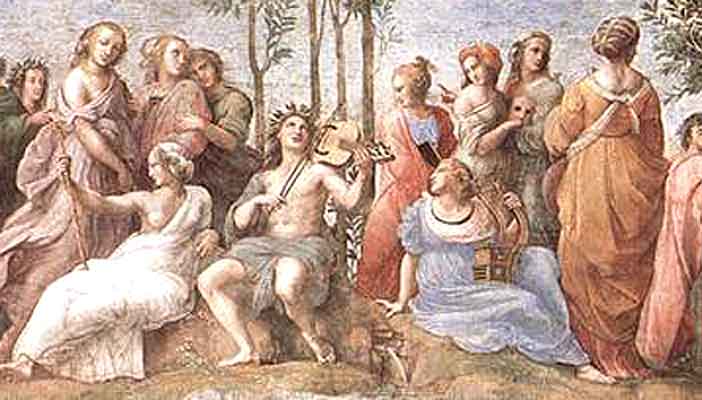

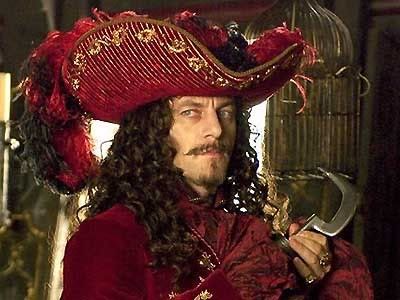



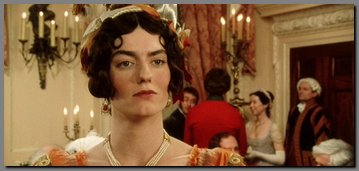

 tragedy according to Aristotle's Poetics: isolation from a community
tragedy according to Aristotle's Poetics: isolation from a community
















 "All of life is an affair of the weather"' Wallace Stevens
"All of life is an affair of the weather"' Wallace Stevens

 Sir Philip Sydney said that literature should:
Sir Philip Sydney said that literature should: